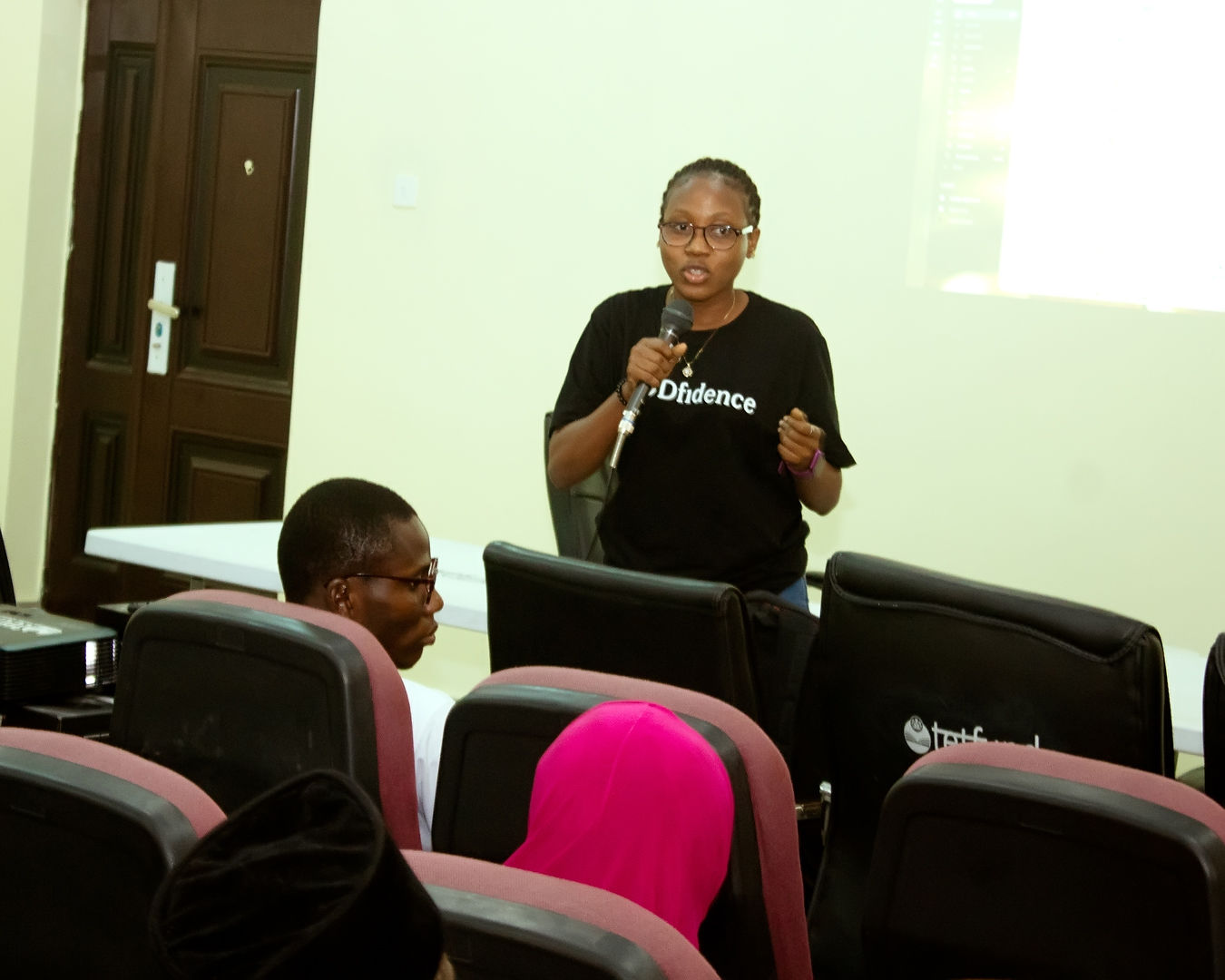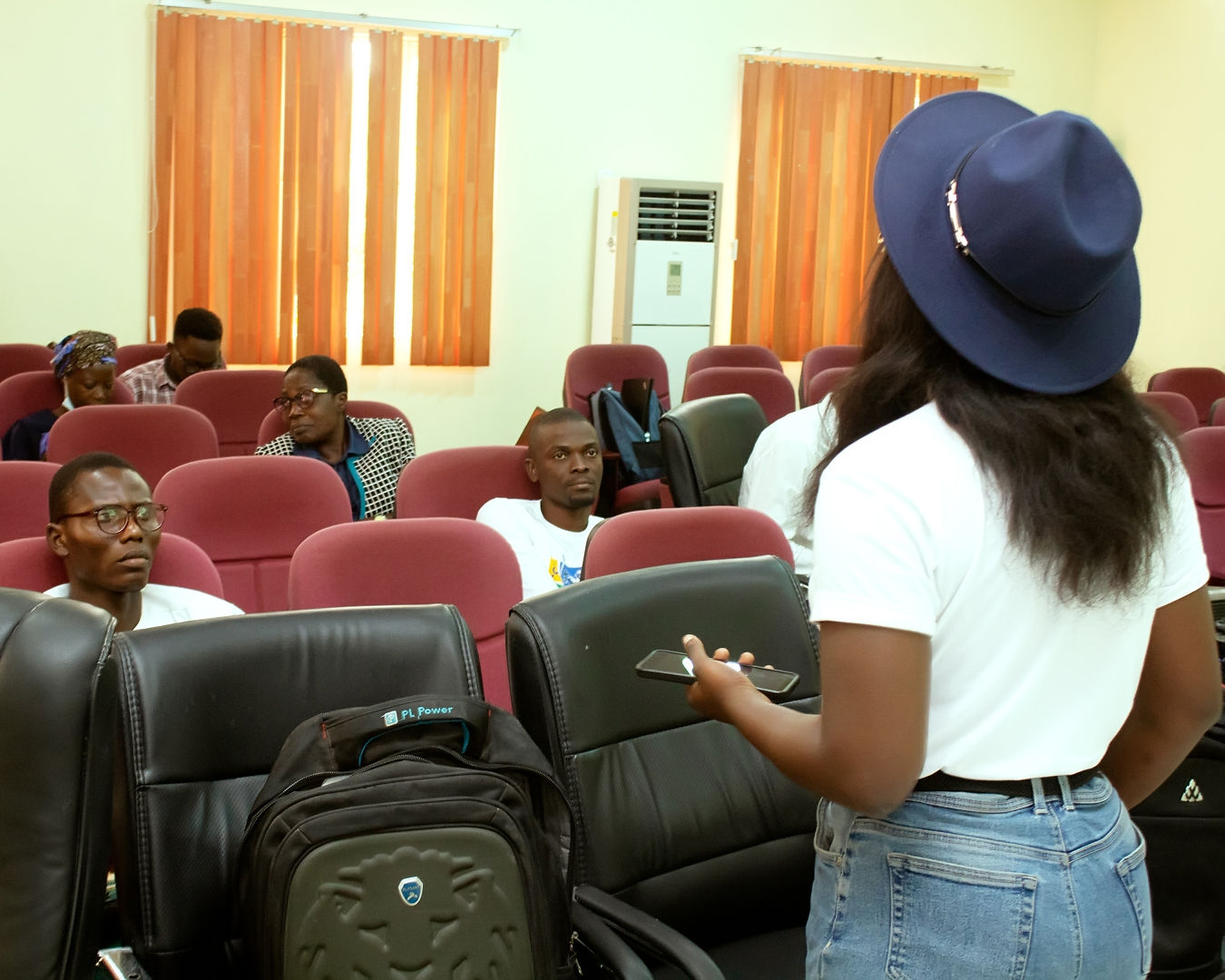
About Us
Our Mission

We are THE WELL TEACHERS EDUCATION AND ADVANCEMENT FOUNDATION LTD/GTE, an education organization focused on teachers development, teachers capacity building, curriculum development and design. We are dedicated to equipping teachers and students in low-income schools with capacity building training, community development initiatives and education development, through Professional Development Programs, Community Engagement, Education Development, Teacher Support Systems and Policy Advocacy. Together, we are committed to ensuring that quality education is accessible to all, igniting the potential of future generations.
Problem Statement
The educational system in Nigeria is facing a severe and persistent crisis characterized by alarming rates of learning losses and learning poverty among millions of children (World Bank,2022). This crisis is primarily attributed to a multitude of factors, including a significant out-of-school population, which was estimated at 13 million children before the Covid-19 pandemic and surged to 36 million when schools were forced to close due to the pandemic (UNESCO, 2022) .
Teachers are widely recognized as instrumental agents for ensuring equity, accessibility, and quality in education, making them pivotal for sustainable global development. However, issues concerning the training, recruitment, retention, status, and working conditions of teachers persist as pressing concerns.
See More
Many educators in Nigeria are compelled to engage in part-time work, often resorting to petty trading and juggling multiple commitments to make ends meet due to inadequate compensation (Nigeria Union of Teachers, 2018).. The prevalent issue of underpayment and unfavorable working conditions for teachers in Nigeria has resulted in a lack of commitment, motivation, and reduced input, subsequently leading to poor academic performance among students. Addressing the teacher shortage and improving the status of educators is crucial to enhancing educational outcomes and achieving a higher level of development in the country.

Intervention Strategy

The educational system in Nigeria is facing a severe and persistent crisis characterized by alarming rates of learning losses and learning poverty among millions of children. This crisis is primarily attributed to a multitude of factors, including a significant out-of-school population, which was estimated at 13 million children before the Covid-19 pandemic and surged to 36 million when schools were forced to close due to the pandemic.
Nigeria grapples with a critical shortage of 277,537 teachers within its basic education sector, underscoring a substantial gap in the availability of educators. Teachers are widely recognized as instrumental agents for ensuring equity, accessibility, and quality in education, making them pivotal for sustainable global development. However, issues concerning the training
secondary education. The Universal Basic Education Commission (UBEC) reports that Nigeria itself faces a shortage of 280,000 teachers at the basic level, spanning both public and private educational institutions. This shortage of educators underscores the dire state of Nigeria's education system
Latest Causes
In 2024 we:
- Trained over hundred teachers through the Project Revive Teachers
Training Bootcamp which made the headlines in the This Day Live news.
https://www.thisdaylive.com/index.php/2024/10/10/foundation-trains-100-teachers-in-ibadan-oyo-state-through-project-revive-initiative/ - Had Five students go through our Kakawe Scholarship Initiative.
- Fundraised a over 2000 USD dollars.
-
Awarded 3 exceptional teachers through our Annual Teachers Conference/Awards (ATCA) -
- Mr. Adeniyi, Adekunle Charles was awarded with THE LEGACY AWARD
- Jimoh Lawal Abayomi was awarded with THE BEST STUDENT TEACHER AWARD
- Mrs Mary Oladunni was awarded with THE BEST TEACHER IN SERVICE AWARD
- Shared stories of inspiring teachers


